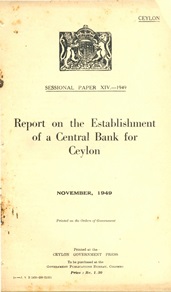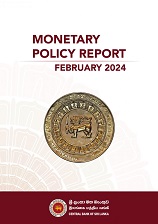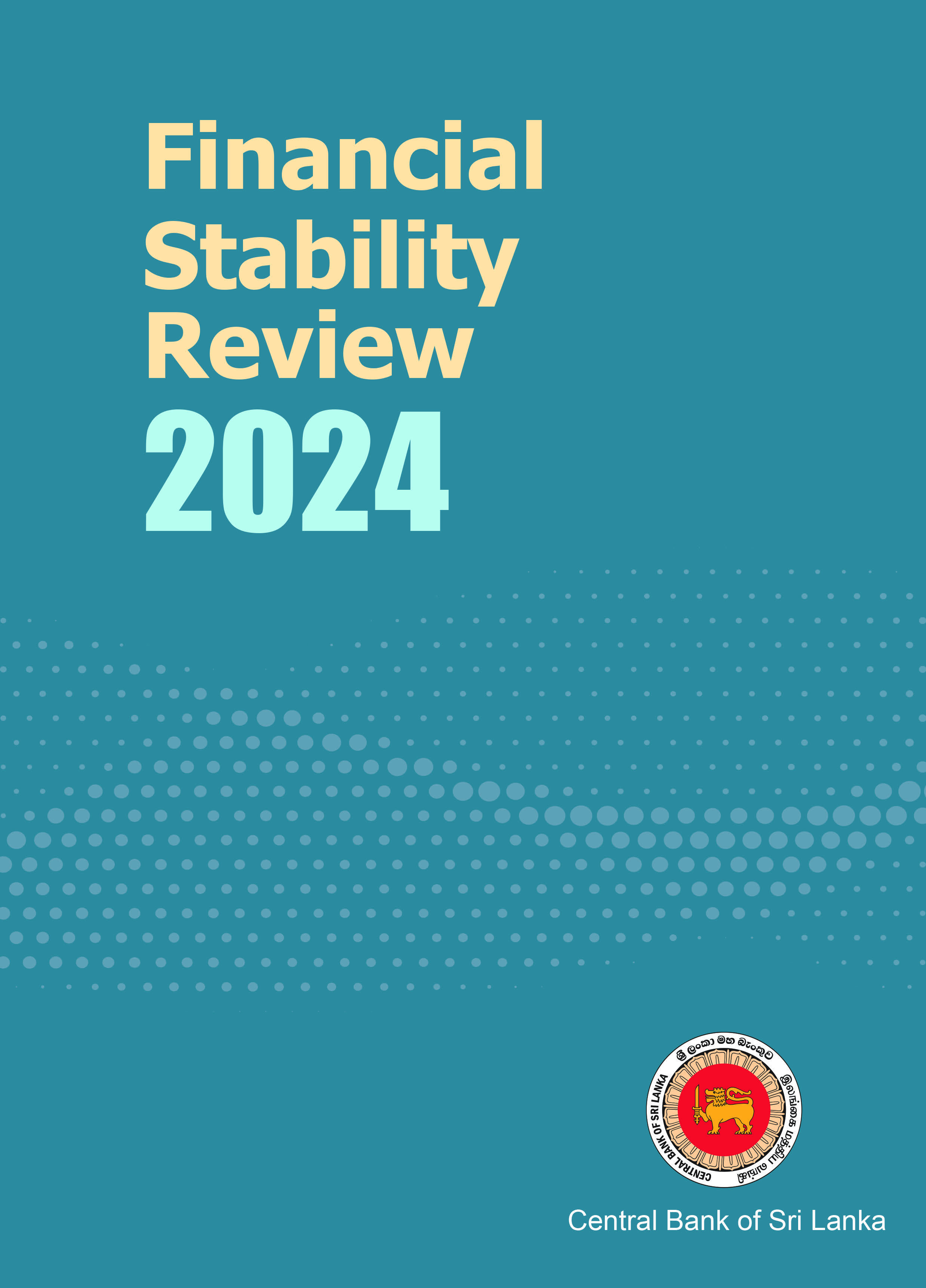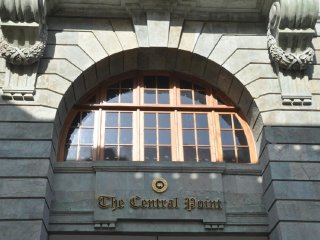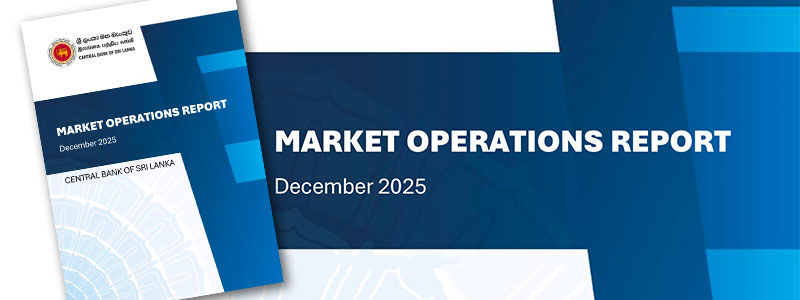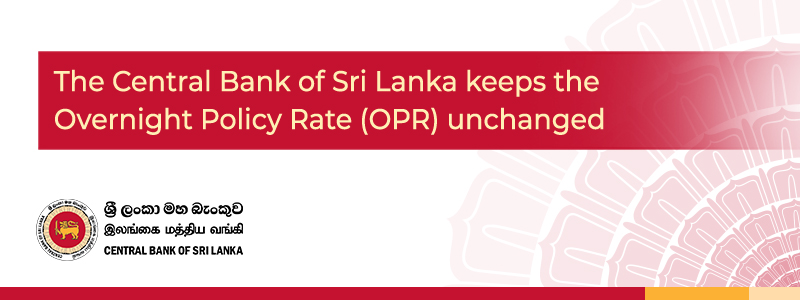Sri Lanka receives around United States Dollars (USD) 7,000 million in workers’ remittances annually. On the strength of this steady foreign currency inflow, the Government of Sri Lanka (GOSL) intends to raise medium-term foreign currency financing, by securitising foreign currency receipts of the Central Bank of Sri Lanka (CBSL) under the mandatory sale of 10 per cent of workers’ remittances converted into Sri Lankan Rupees by licensed banks. Since the introduction of this mandatory sale requirement on 28 May 2021, an average of USD 25 million per month has been accumulated under this arrangement by the CBSL. With recent focused efforts to strengthen remittance flows by the CBSL in collaboration with stakeholder agencies, such inflows are expected to increase in the coming years.
The proposed Securitised Financing Arrangement (SFA) would be denominated in USD, Euro, Chinese Renminbi (RMB), Japanese Yen (Yen), or in any Gulf Cooperation Council (GCC) currency. The SFA is expected to be raised at a fixed or a floating rate for a medium-term tenure. Repayment can be in bullet or in tranches, or on a reducing balance linked to the securitised arrangement, while interest can be paid periodically, as mutually agreed. The proceeds of the SFA will be used for the purposes of financing the expenditure as approved in the Annual Budget of the GOSL.







